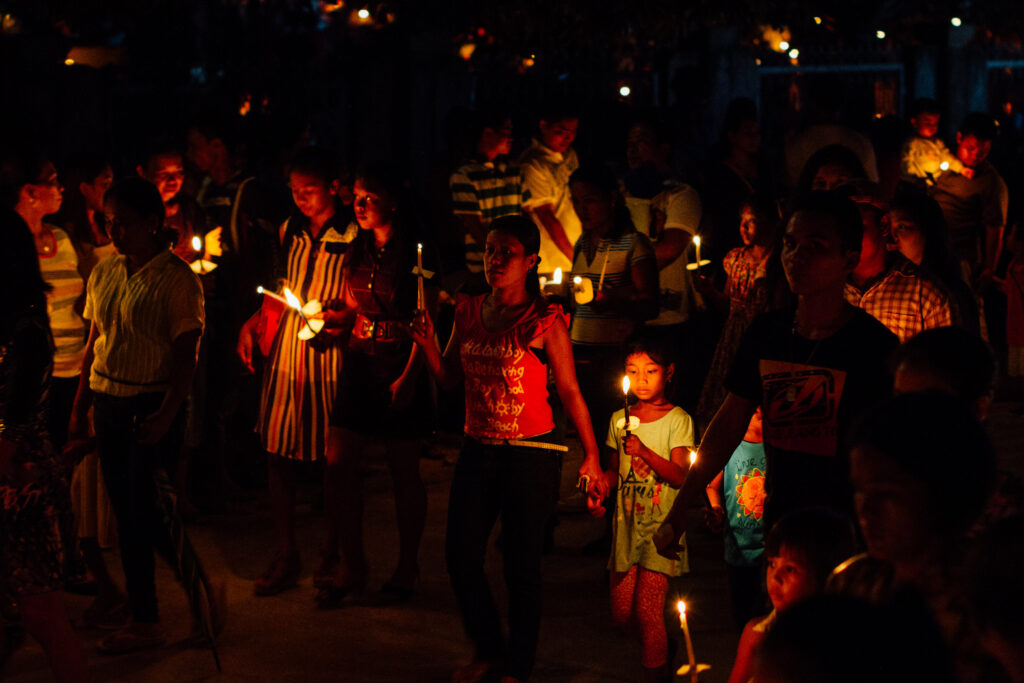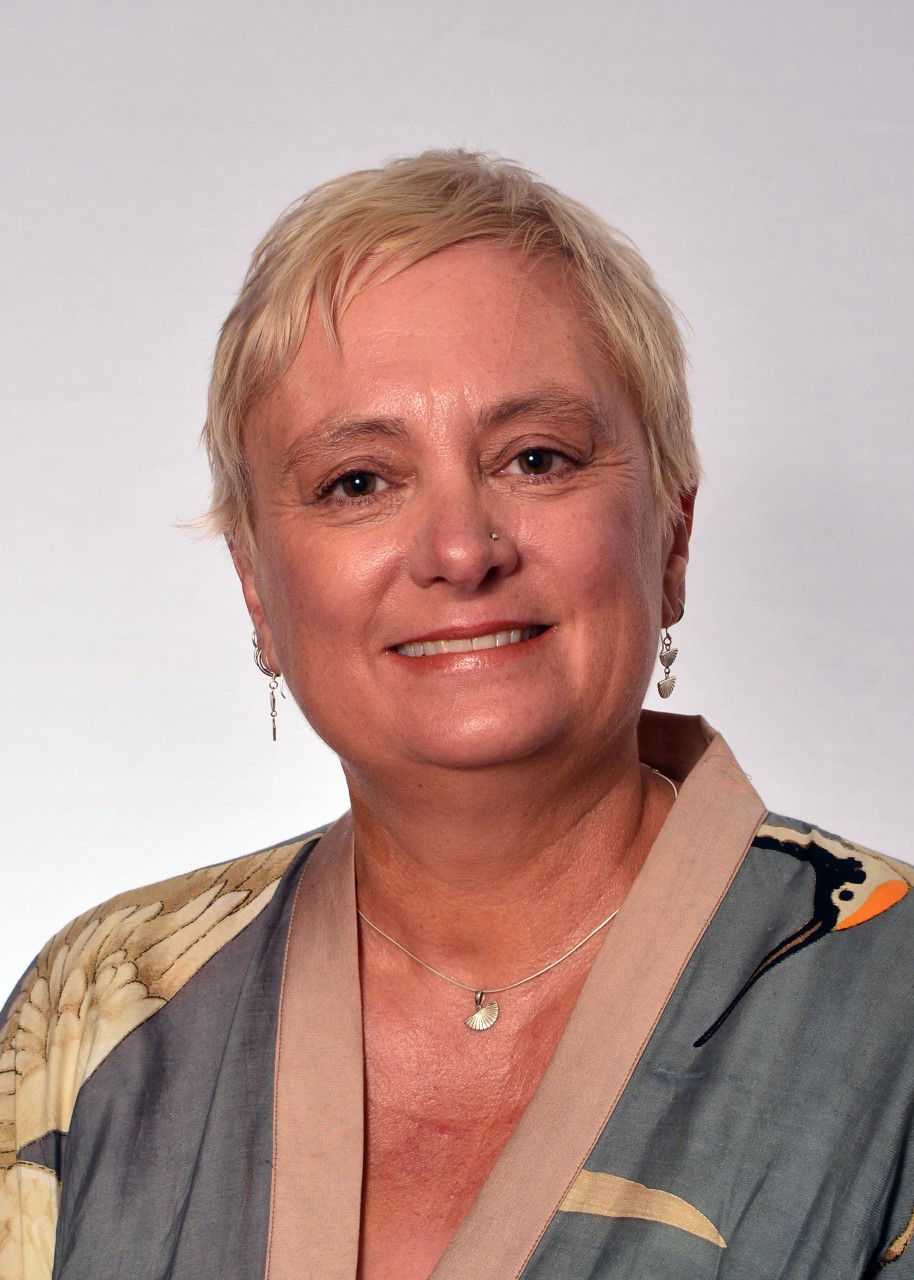
The conversation around religion’s role in international development and peacebuilding has undergone a significant shift over the past two decades. Initially, much of the focus was on getting development actors to take religion seriously—a response to its long neglect in secular frameworks. However, as Atalia Omer highlights in her book Decolonizing Religion and Peacebuilding, the way religion has been incorporated into development and peacebuilding often reinforces colonial assumptions rather than challenging them. Religion is frequently instrumentalized to serve external agendas, categorized into “good” and “bad” forms, and repurposed to align with Northern development goals.
The role of religion in peacebuilding has long been viewed through a narrow, instrumentalist lens—either as a force for stability or a source of conflict. But what if this binary framing misses the deeper, more transformative potential of faith-based engagement? As someone who has worked extensively in this field, I have long been interested in moving beyond these rigid, western-centric definitions of religion. Instead, I advocate for an approach that recognizes the lived religious practices of communities, the nuanced roles of faith-based organizations (FBOs), and the structural limitations that often hinder true decolonization in peacebuilding. By shifting our perspective, we can uncover pathways for more equitable, locally driven peace initiatives that challenge, rather than reinforce, colonial frameworks.
The Harmony Industry and Its Shortcomings
One of the most striking arguments in Omer’s book is her critique of what she calls the harmony industry. This refers to the system of NGOs, donors, and development organizations that promote religion as a tool for peace and development while failing to acknowledge the power dynamics embedded within these structures. This approach assumes that religion can be neatly packaged into development-friendly frameworks—where “good religion” promotes harmony, while “bad religion” must be countered or reformed.
This is problematic because it imposes external definitions of religion onto diverse communities. In many societies, religious practices do not fit into the institutionalized categories familiar to Western organizations. Spirituality, ritual, and oral traditions often exist outside the formal structures that NGOs recognize as “religious.” By attempting to engage with religion through a narrow, predefined lens, the harmony industry reinforces colonial paradigms rather than dismantling them.
A Third Way: Moving Beyond Instrumentalization and Reductionism
Omer contrasts the harmony industry with decolonial scholarship, which tends to focus on religion’s role in colonial oppression. While this critique is essential, it can also be limiting if it treats religion solely as a problem rather than recognizing its potential as a source of empowerment and resilience.
The challenge, therefore, is to carve out a third way that neither instrumentalizes religion for external goals nor dismisses it as merely a colonial construct. This necessitates recognizing that religious actors can be both complicit in colonial power structures and agents of decolonization. It also involves engaging with faith-based peacebuilding in ways that respect local agency, rather than imposing external expectations.
Faith-Based Organizations and the Tensions of Decolonization
Many FBOs find themselves caught between competing pressures. On one hand, they are deeply embedded in local communities, often serving as brokers between international aid systems and grassroots actors. On the other hand, they rely on funding and partnerships that come with conditions shaped by donor priorities—priorities that may not align with the needs of the communities they serve.
This tension was evident in a research project I co-led in South Sudan, where two international FBOs—one Christian and one Muslim—sought to strengthen the role of local faith actors in humanitarian response. The project aimed to facilitate a two-way exchange: local faith leaders would learn to navigate the donor-funded humanitarian system and international humanitarian actors would gain religious literacy to engage with local communities more effectively.
In practice, however, this balance proved difficult to achieve. Local faith actors were eager to engage in training and adapt their approaches, but humanitarian workers were far less willing to prioritize attending religious literacy sessions. Ultimately, the component of the project that was designed to help international actors better understand local religious dynamics was underfunded and deprioritized. This reflects a broader pattern in development: while local actors are expected to adapt to global norms, international organizations rarely make equivalent efforts to understand and respect local epistemologies.
Hidden Peacebuilders: Capturing the Intangible Aspects of Faith-Based Peacebuilding
Another project, the Hidden Peacebuilders Network, highlights the often-overlooked dimensions of religious peacebuilding, including spirituality, supernatural beliefs, and ritual practices. One of the key challenges we faced was that while many religious leaders acknowledged the role of prayer and supernatural interventions in their work, they hesitated to discuss these aspects in NGO spaces. There was a clear discomfort—perhaps a fear that emphasizing spiritual elements would make them seem less professional or credible in the eyes of secular donors.
Similarly, in interviews conducted by local researchers, some faith leaders were reluctant to share details about their spiritual practices with outsiders, particularly those from different religious backgrounds. This response suggests that our conventional ways of asking these questions in research may not be suitable or culturally resonant for eliciting such information, particularly around deeply personal or spiritual practices.
Creating “Decolonial Openings” in Peacebuilding and Development
Omer’s book provides a useful framework for thinking about what she calls decolonial openings—moments where dominant paradigms are disrupted, creating space for alternative approaches to emerge. For FBOs and development practitioners, fostering these openings requires deliberate shifts in their engagement with religion. Some key strategies include:
- Critically Examining Organizational Structures
FBOs should reflect on how their own practices may reinforce colonial and neoliberal agendas. This means questioning funding sources and the assumptions built into their operational models. - Engaging with Lived Religion and Local Spirituality
Instead of viewing religion through the lens of formal institutions and doctrines, development actors should engage with the everyday practices of religious communities. This includes recognizing indigenous spiritual traditions and their role in peacebuilding. - Empowering Local Voices and Leadership
Decolonization requires shifting power away from international organizations and toward local actors. This means creating funding structures prioritising grassroots-led initiatives rather than imposing top-down solutions. - Shifting from Instrumentalization to Genuine Partnership
Religion should not be treated as a tool for achieving pre-determined development goals. Instead, FBOs should work with communities to understand how their own religious and spiritual traditions define peace, justice, and development. - Advocating for Structural Change in Donor Systems
Many of the barriers to decolonial peacebuilding are embedded in the funding structures that shape development work. FBOs are uniquely positioned to challenge these norms and push for more flexible, context-sensitive approaches.
Conclusion: The Role of FBOs in Reshaping Peacebuilding
Faith-based organizations can potentially play a transformative role in decolonizing peacebuilding and development, but only if they actively resist the pressures that pull them toward reinforcing colonial paradigms. This requires deep self-reflection, a willingness to engage with difficult questions about power and representation, and a commitment to centering local voices in their work.
Atalia Omer’s book is an important contribution to this conversation. It critiques existing frameworks and offers a vision for a more just and inclusive approach. The challenge now is to translate these insights into concrete action, ensuring that peacebuilding efforts are not just about resolving immediate conflicts but also about dismantling the structural inequalities that sustain them.

